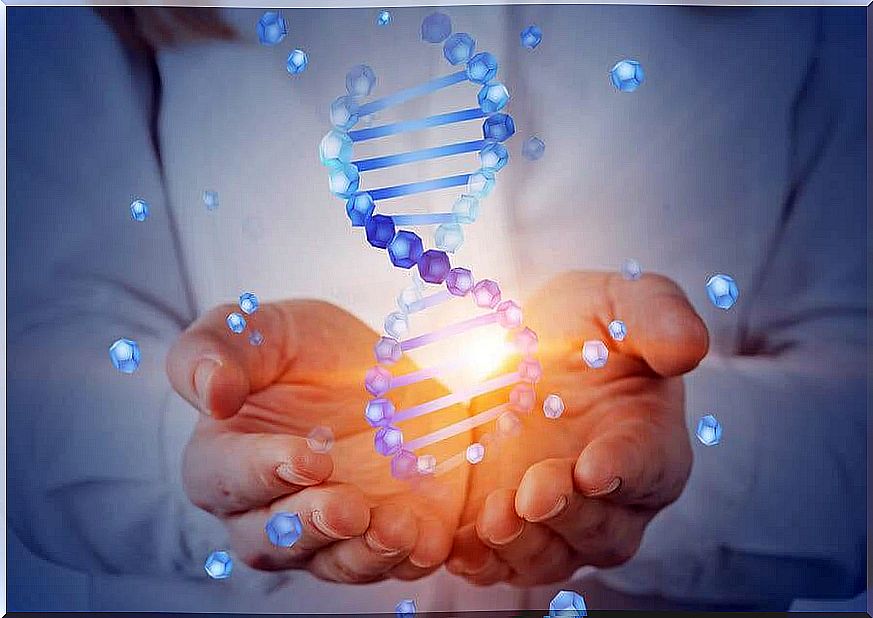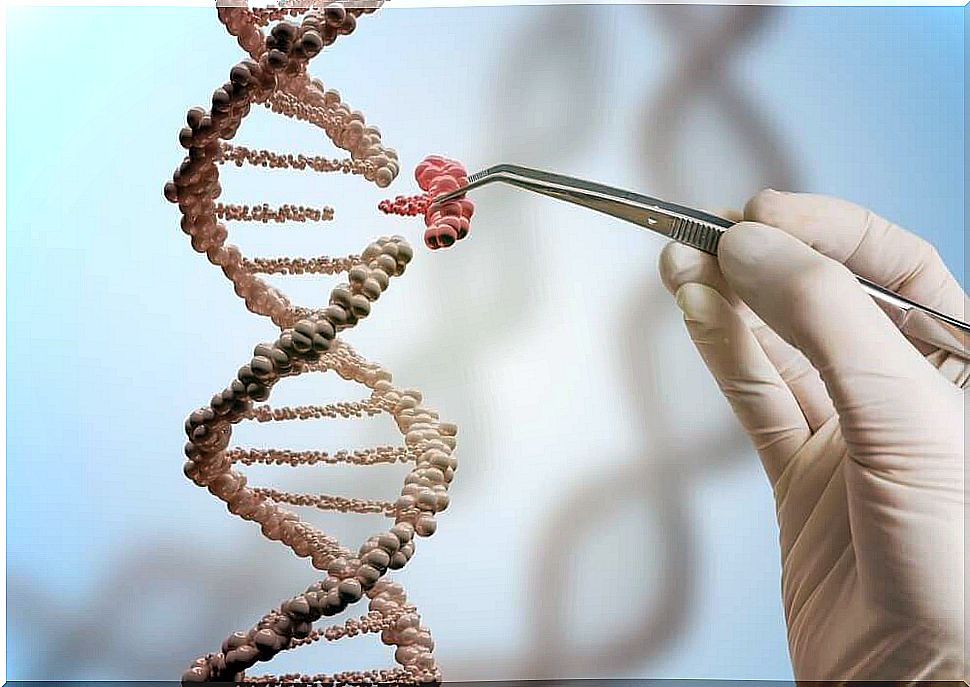The Human Genome Project

The human genome project began in 1990. It had an initial fifteen-year lifespan, but the information they were looking for was found before that date. In 2003, the group of responsible researchers declared that they had completely deciphered the human genetic information.
The initiative can be classified as the largest survey in history. The budget that was made available and the number of countries involved make it a unique historical fact.
Through the formation of an international public consortium between the United States, Japan, China, France, United Kingdom, Germany and other countries, lines of research were drawn up. The initial budget base was three billion dollars.
Along with the initiative and the scientific knowledge involved, the human genome project was made possible by the development of bioinformatics. Thanks to advances in the processing of biological information using computers capable of gathering millions of DNA (deoxyribonucleic acid) data, it was possible to reach a successful conclusion.
In summary, the human genome project had the following objectives:
- Identify all the genes that make up human DNA.
- Save all information obtained.
- Develop ways and techniques to analyze DNA data.
- Establish the legal and ethical scope of the use of genetic information.
Impact of the human genome project
Obtaining all the genetic information of our species represents great repercussions for humanity, both scientific and ethical. We cannot underestimate the legal repercussions of possessing such information.
In scientific terms, DNA information is invaluable. The door is open to curing illnesses that were previously impossible to treat. There is even space to think about prevention in genetic terms, acting before the onset of the disease.
From an ethical point of view, the issue of genetic manipulation arises. If the human species knows all its DNA information, it is capable of modifying itself through artificial processes. The limits of the natural and the provoked are erased. It is a powerful knowledge to be used well and misused.
Finally, from a legal point of view, the legislative repercussions are interesting. Laws that regulate the use of information from the human genome project must be passed. The DNA of each human being can be a reason for discrimination, as it will be possible to know in advance who will have deficiencies or changes in the not-too-distant future.

Medical Applications of the Human Genome Project
The human genome project is shocking news for the medical world. The possibilities of influencing situations that were once a mystery are fabulous. We discuss the most relevant lines of application so far:
- Cancer: with the knowledge of DNA, it is possible to decipher the mechanisms that trigger the uncontrolled growth of neoplastic cells. The branch known as genetic engineering would be able to repair defective genes to prevent disease.
- Prenatal care: one of the great applications of the human genome project is fetal analysis in pregnancy. Before birth, a baby’s entire genetic makeup can be known, including predicting what diseases he will develop.
- Adverse effects of drugs: with information from human DNA, it would be possible to test drugs virtually, before their launch and use in humans, to detect possible adverse effects. This would allow drugs to be refined and improved before they are available on the market.
- Daily Clinic: This information is also useful in doctors’ offices. With the patient’s DNA in hand, doctors can establish the tendencies that the person has to fall ill in the short or medium term. Action plans can be designed to reduce or prevent common illnesses such as high blood pressure or diabetes.
- Rare diseases: the complex list of low-incidence pathologies, that is, those that affect few people, benefits from genetic information. Most of these diseases are related to changes in DNA. They could be specifically prevented or treated.

ethical problems
Several authors have warned since the beginning of the human genome project that this is a double-edged sword. It is a marvel of scientific advancement and a bridge to the perverse practices of individuals and businesses.
In the United States alone, a large part of the project’s budget was dedicated to funding scientific studies on ethical problems involving human genetics. We can intuit, then, that the worry exists.
Knowing all the genetic information of the human species and developing manipulation techniques can establish a normality. In other words, it could tend to define which human is normal according to the genetic and which human is not, even at the risk of declaring it as non-human.
Insurance companies can also access this information to deny coverage to a person with a genetically increased risk of future illness. Following the same logic, a company can reject a candidate in a selection process, and even access to education can be denied to certain children and young people.
Conclusion
We are facing a new era inaugurated by the world of genetics. Like all scientific advances before and now, clear rules for its management and a dose of humanity are needed. The human genome project cannot become a business; rather, it should be an opportunity to become more human.









